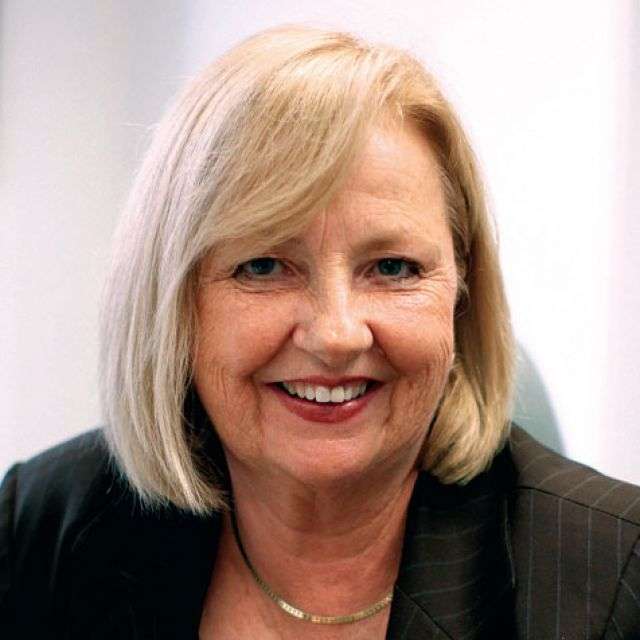“It takes a whole nation to stop this,” Smith told representatives of the burgeoning coalition.
On Nov. 20, Smith held a news conference and hosted an all-party meeting for MPs to introduce them to a panel of experts on the porn industry.
The experts spoke about the effects of pornography on children and its relationship to human trafficking.
“Over 40 years of empirical research has revealed concrete evidence on the harms of pornography and the way it shapes behaviour and attitudes of children and youth,” Smith said. “For this reason, Canada needs to take the lead to protect children and youth from this predator industry.”
Smith wants legislation in Canada, similar to that introduced in the United Kingdom, to force Internet Service Providers to block porn sites unless customers specifically opt in.
“We currently restrict and protect children from exposure to adult content everywhere but the Internet,” Smith said. “We delude ourselves if we believe that continuing unfiltered access to the adult content online poses no threat to children.”
Smith convened a panel discussion Nov. 19 that included Boston-based pornography expert sociologist Gail Dines, Evangelical Fellowship of Canada researcher Julia Beazley, Ma rk He cht, co-founder of Beyond Borders, a Winnipeg-based organization that combats global child sexual exploitation, and Casandra D i a m o n d , a human trafficking case worker with the Women’s Support Network of York Region. Also present were representatives of churches, NGOs such as the Native Women’s Association of Canada, and individuals opposed to human trafficking.
In addition to advocating for legislation, the panel suggested increasing public awareness and social pressure on banks, credit card companies and Internet Service Providers that profit from the porn industry.
Dines explained how porn is “reshaping adolescent behaviour” and “reshaping the sexuality of young boys and girls.” She said 36 per cent of the Internet is devoted to pornography and it brings in about $3,000 a second. Much of it, even child porn, is paid for by credit cards. In America alone, 40 million people are regular porn consumers and one in four search queries concern porn.
Though porn has probably always existed, the porn industry, a “sophisticated, multi-layered, multi-billion dollar” global industry, is new, Dines said, noting the corporatization of porn began in 2007 and “interfaces with banks, credit card companies, venture capitalists and cable industries.”
“We’re up against a huge industry with real connections,” she warned. It’s also the only global industry that is “so unregulated.”
Hecht told the gathering the adult and child porn market is expanding, harming children on both sides of the computer screen. He suggested social pressure on the industries that make money tangentially off the porn industry, such as the banks, credit card companies, Facebook and ISPs.
“The approach of Beyond Borders is to engage with the private sector,” he said. The businesses “that are implicated in this may not be appreciating the damage they are causing.”
Ordinary citizens can start writing their banks, credit card companies and Facebook to ask them what they will do to stop this kind of pornography, he said.
Beazley told the group human trafficking, prostitution, strip clubs and pornography “are all connected.”
“Prudishness is a luxury we can longer afford,” Beazley said, noting pornography can no longer be considered “a personal choice or preference.”
“The porn industry has never respected women, but at least the product men were consuming a decade ago didn’t seem to be dripping with contempt and hatred,” she said. “There is an othering of women in pornography that treats those women as qualitatively different from other women in their lives.”
Beazley warned this “dehumanization cannot help but spill over to real life.”
Diamond told the gathering how porn played a role in her childhood sexual abuse, by pretending to normalize what her grandfather eventually did to her as a five-year-old. This learned pornographic sexuality made her vulnerable to sexual predators and contributed to her later getting caught up in the sex trade.
“Hardcore or gonzo porn . . . degrades women and creates a violent, sexual culture where women are made vulnerable to be thrown away,” she said. “It dehumanizes the user.”
While her victimization took place before Internet porn existed, “multiply this by those tied to an Internet tether,” she said. There are “hints of porn even in cartoons,” she said. “There is nowhere for children to hide.”

